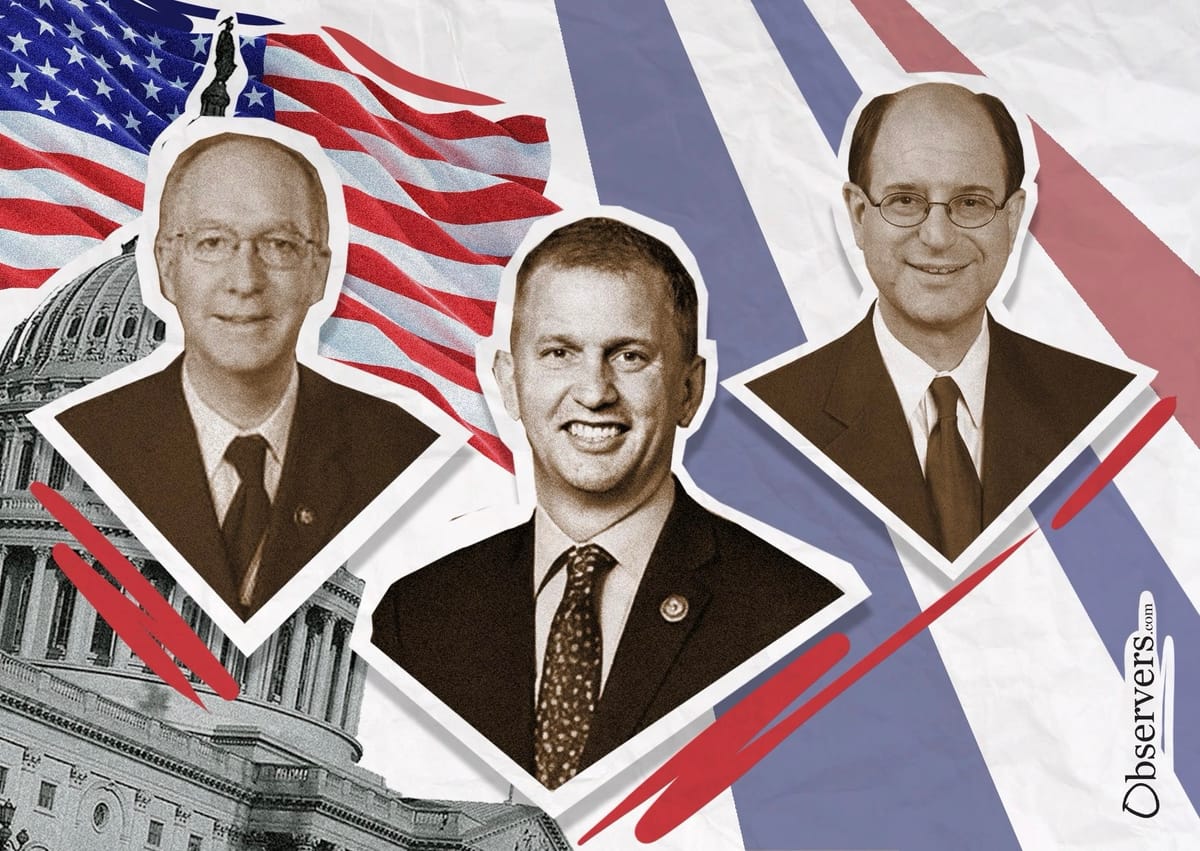
A legislation proposal entitled “Blockchain Integrity Act,” aiming to ban crypto mixing services for two years in the United States, was introduced by Democratic congressmen at a Capital Markets Subcommittee hearing on May 7.
The U.S. politicians who suggested the moratorium see cryptocurrencies as a tool mainly used by criminals and crypto-mixers as privacy solutions that serve to launder and hide the traces of illicit activities.
In their argument, they note how, historically, crypto-mixing services have been used to hide and facilitate the funding of the activities of terrorist groups such as Hamas and the operations of rogue states, including Russia and North Korea.
The bill proposes that, while a ban is in place, U.S. government financial agencies, such as the SEC and the Commodity Futures Trading Commission, conduct a thorough investigation on crypto-mixing services and similar privacy-preserving decentralized products so as to formulate an adequate legal framework for them.
“Cryptocurrency’s intention is right there in its name, a form of ‘hidden money,’ and there is no tool more useful in facilitating that goal than crypto mixers," said the legislation's co-sponsor, Congressman Brad Sherman.
The position of the members of Congress is in line with that of the Securities and Exchange Commission, which has opted for a strategy of regulation by enforcement rather than setting straightforward guidelines for the operation of crypto-related companies in the country.
It also mimics the tough stand of the Department of Justice, which is pursuing criminal charges against the founders of several crypto-mixing services.
In March, Russiann-Swiss Roman Sterlingov was found guilty of several money laundering accusations connected to his position as co-founder of crypto mixer Bitcoin Fog.
Last week, Keonner Rodriguez and William Lonergan Hill, founders of the mobile crypto mixing service Samurai Wallet, were arrested. The New York District Court accused them of operating a privacy service they knew was a “haven for criminals to engage in large-scale money laundering and sanctions evasion.”
So far, one of the most high-profile cases has been the one of Tornado Cash co-founder Roman Storm. The DOJ claims that due to Storm’s position in creating and managing the privacy protocol, which was used by terrorists, criminals, and rough state actors, he has conspired to commit illicit financial activities.
The case of the crypto mixer development has garnered support from the community and privacy advocates who see the DOJ accusations as infringing the freedom of speech of the co-founders.
All these enforcement actions, criminal charges, and bill proposals have been roundly criticized for failing to consider the dynamics of technological development and financial innovations. These innovations or disruptions often step on old standards to build novel solutions for present-day challenges.
Presented by a Democrat minority to a Republican House majority, the “Blockchain Integrity Act” is unlikely to collect the necessary votes to be set into law.
Yet, the proposal of such a bill is enough to generate fear amongst developers and stifle innovation in the country.
The legislation proposal has already caused one fatality. LocalMonero, a P2P platform for trading the privacy coin Monero (XRM), announced it would be winding down operations shortly after the bill was introduced. In an interview, it stated that “the wider hostility toward privacy-centric products and services was certainly a factor.”

